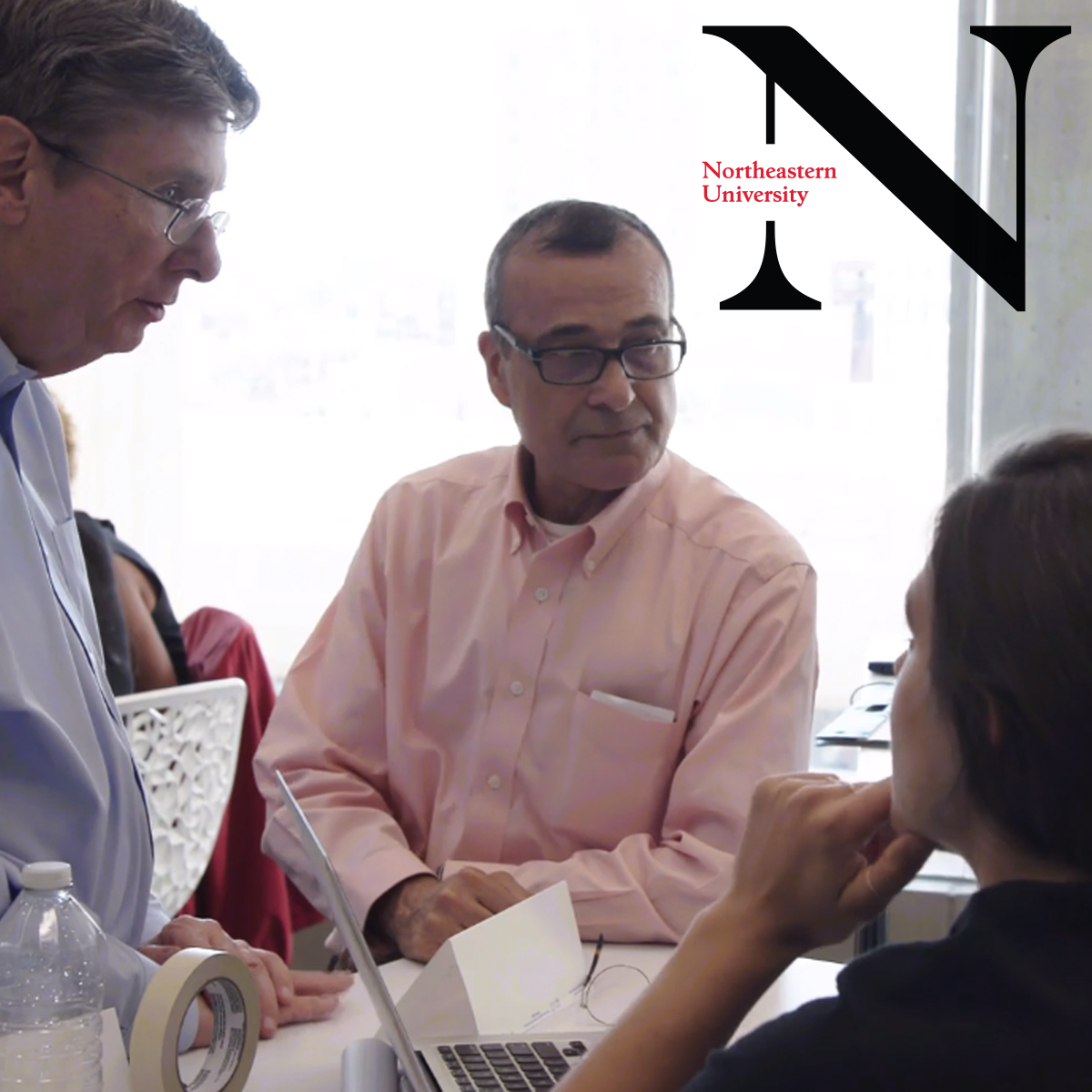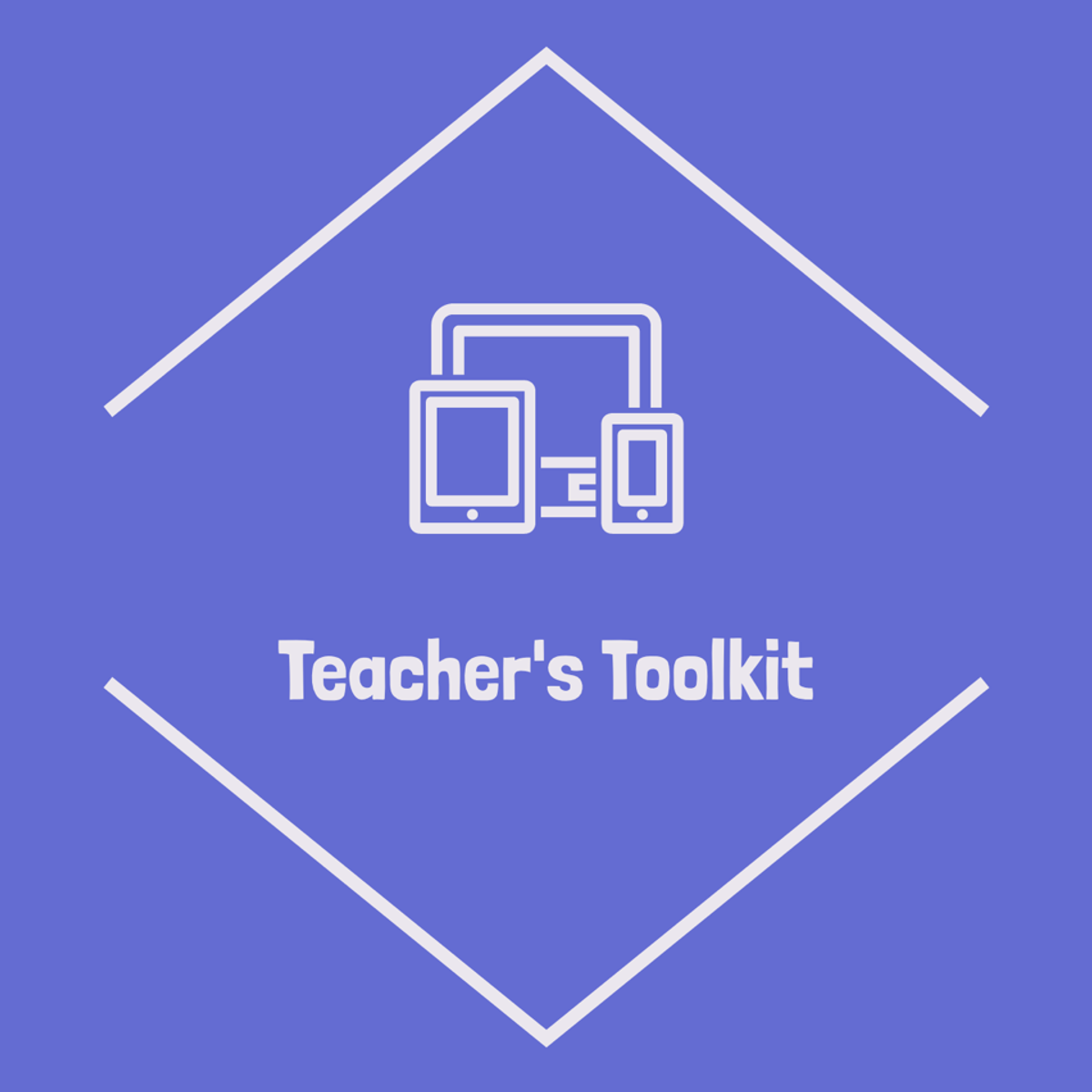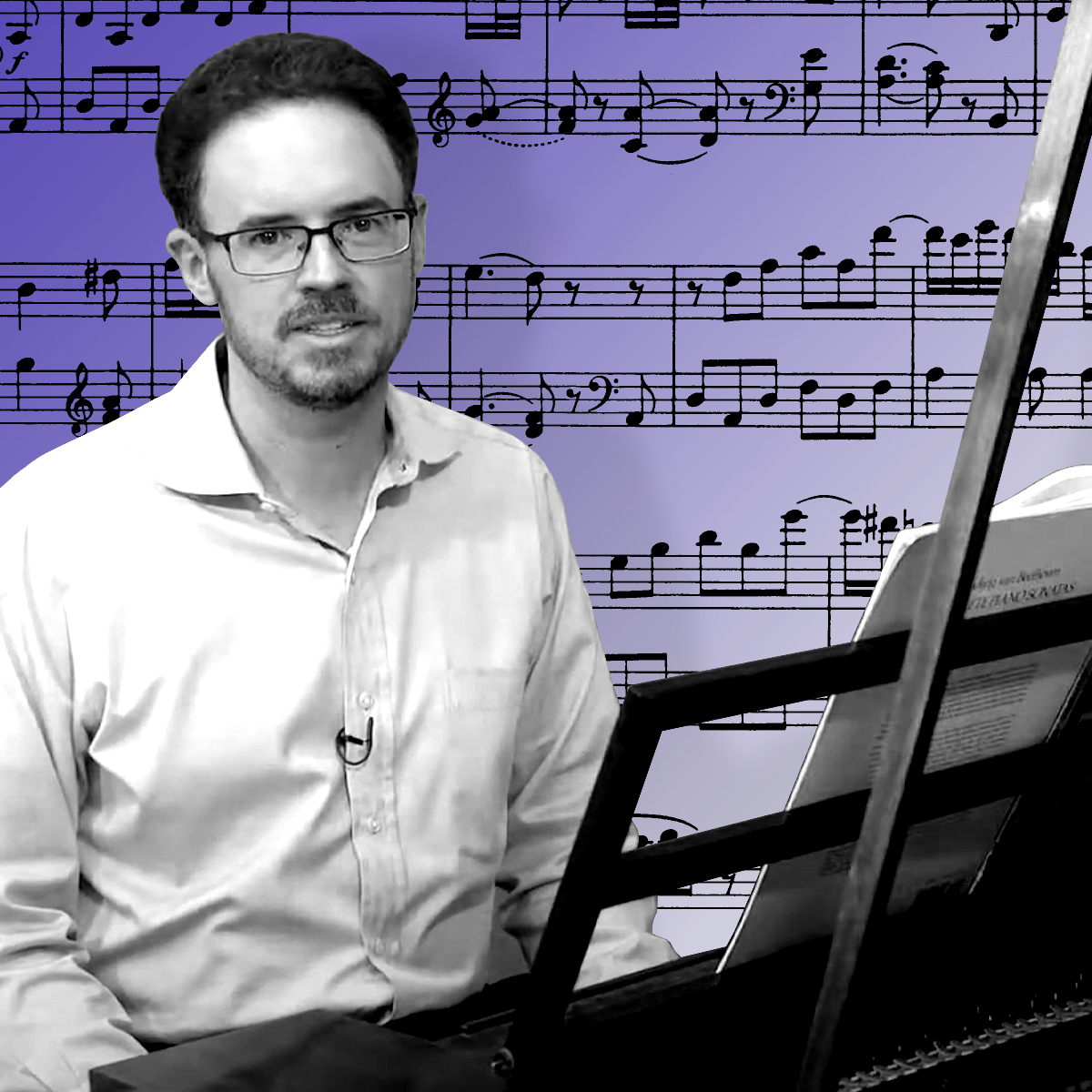Back to Courses









Personal Development Courses - Page 15
Showing results 141-150 of 514

Curanderismo: Traditional Healing of the Body
As the second of four courses on Curanderismo, the art of Hispanic/Latino traditional medicine, this course focuses specifically on traditional healing of the body. As an educational and cultural platform, this course will share a number of traditional body therapies.
Learners will not become certified traditional healers at the completion of this course but will be able apply basic principles or traditional medicine for health and illnesses. They will become familiar specifically with the traditional treatment of Empacho (intestinal blockage), Manteadas (shawl alignments), Ventosas (fire cupping), Hidroterapia (healing with water), and other topics such as the Huesero (bone setter).
Future Curanderismo courses include:
Traditional Healing of the Mind, Energy and Spirit: Temazcal (sweatlodge), Limpias (energetic/spiritual cleansings), Risaterapia (laugh therapy) and other topics.
Global and Cultural Influences of Traditional Healing: African tradition, Afro Latino from Cuba and Puerto Rico, Native American spiritual cleansings and Mayan acupuncture and other topics.
REQUIRED TEXTS
Curanderismo: The Art of Traditional Medicine without Borders by Eliseo Torres
Curandero: Traditional Healers of Mexico and the Southwest by Eliseo Torres with Imanol Miranda
Where to buy:
https://he.kendallhunt.com/product/curanderismo-art-traditional-medicine-without-borders
https://he.kendallhunt.com/product/curandero-traditional-healers-mexico-and-southwest
OPTIONAL TEXTS
Curandero: A life in Mexican Folk Healing by Eliseo Torres & Tim Sawyer
Healing with Herbs & Rituals: A Mexican Tradition, Eliseo Torres, edited by Tim Sawyer
Where to buy:
https://www.barnesandnoble.com/w/curandero-torres-eliseo-cheo/1120135382?ean=9780826336415&st=PLA&sid=BNB_1341481610&sourceId=PLAGoNA&dpid=tdtve346c&2sid=Google_c&gclid=EAIaIQobChMI3_6LmYev3gIViuNkCh3IPgUyEAQYASABEgLYXfD_BwE
https://www.barnesandnoble.com/w/healing-with-herbs-and-rituals-torres-eliseo-cheo/1120135381?ean=9780826339621&st=PLA&sid=BNB_825204424&sourceId=PLAGoNA&dpid=tdtve346c&2sid=Google_c&gclid=EAIaIQobChMIrrvswYev3gIVBsRkCh3BXQCHEAQYASABEgLnl_D_BwE
PODCAST:
Blubrry podcast - https://www.blubrry.com/normallol/41068835/normal-lol-63-depersonalization-mental-wellness-curanderismomexican-traditional-healing-with-eliseo-cheo-torres/
Itunes Episode 63 - https://itunes.apple.com/us/podcast/normal-lol-depersonalization-derealization-anxiety/id1065740418?mt=2

Oral Communication for Engineering Leaders
Taught by Rice University communication faculty from the Rice Center for Engineering Leadership (RCEL). This course covers core topics in oral communication: Communication strategy, content, data visualization, and delivery. You’ll learn key principles in
• Creating a communication strategy
• Developing a clear message and organizing persuasive content
• Creating strong visual support
• Presenting data effectively
• Presenting professionally and confidently
• Handling formal presentations, giving pitches, speaking extemporaneously, managing online presentations, and lowering
public speaking anxiety
Selected materials courtesy of Communication Faculty at Rice University - all rights reserved.

Delivering Quality Work with Agility
When you hand in work in a professional workspace, employers expect it to be good quality work and done in a timely manner. By taking this short course you will learn about consistency and how to deliver quality work and experiences to clients.
In order to deliver good quality work you need to know how to do efficiently do research and how to deliver it. This short course will teach you exactly that, and even more skills that are essential to being able to deliver quality work. The course is designed to teach you how to do this using a five-step process.
The skills that this course teaches are fundamental skills that you will need in order to be successful in your professional life. The content you learn in this course will be applicable to your everyday work-life and will be a stepping stone in your path to success.
This course is part of the People and Soft Skills for Professional and Personal Success Specialization from IBM.

Procurement Basics
This Course includes basic information on procurement, Importance of the procurement organization and its’ role in the organization, cost vs. value, processes such as the use of RFQ, RFP, RFX, Differences between direct and indirect procurement, and Stakeholder management
The course will supported by videos, readings and a required case that will be assessed by a peer review.
In addition, a Practice Assessment (multiple choice) is available to the student. This should be helpful as there is a Final Assessment (40 Multiple Choice) at the end of the specialization in Course 7 that is required to obtain the certification.

Camera Control
Welcome to Course Two of Photography Basics and Beyond: From Smartphone to DSLR! Now that you have a broad understanding of the various types of cameras, the importance of setting up Menus and Functions to gain control in your photography, and the difference between Auto and Program exposure modes, you are ready to move into even greater Camera Control!
In these 4 Modules we will concentrate on gaining the knowledge necessary to make use of Exposure Modes, Light Metering, Effects of various ISO settings, Lens options, using Shutter Speeds to convey aspects of Time in both documentary and creative ways, and exploring the controlled focus effects that Depth of Field Principles make possible. You will also continue to make new photographs and, if you are a subscriber to the specialization, continue interacting with your fellow learners as you share photographs for Peer Review. You will also confirm your knowledge through completion of quizzes and written responses. Let's get started with Module One!

Interpersonal Communication for Engineering Leaders
This course covers communication skills that engineering leaders use every day to motivate, inspire, and support the people in their organizations.
Speaking and writing are basic leadership communication skills. (We covered these topics in the Specialization course 1 and 3.) However, leaders also need to be skillful interpersonal communicators. Modern business requires communication skills that are effective across cultures, generations, and genders. Communication is also a key skill in building your personal brand. Leaders need to look, act, and speak like leaders. Another important leadership skill is the ability to handle difficult, emotional communications with employees, supervisors, and colleagues. Finally, engineers are often at the center of crisis communication.
In this course, you will learn
1. How to communicate in a global environment,
2. How to communicate across cultures, generations, and genders
3. How to use communication to build your personal brand, communicate your values, and your leadership promise
4. How to handle high-stakes, emotionally charged, difficult conversations with employees, supervisors and your colleagues
5. How to handle crisis communication
Required Material Disclaimer- The purchase of a case study is necessary to complete this course, as it is tied to an assessment. This case is an excellent illustration of the typical business situations requiring skillful handling of difficult conversations. Currently, the cost associated with this case study is $8.95 USD and is subject to change.
Selected materials courtesy of Communiation Faculty at Rice University - all rights reserved.

Innovation for Impact (i4i) The Carlson-Polizzotto Method of Value Creation
Welcome!
Partnering with Tech industry giants Curtis Carlson and Len Polizzotto, Northeastern University brings you “Value Creation: The Carlson-Polizzotto Method” a short-form course experience like no other.
Building careers by solving for the value proposition - Curt and Len are responsible for driving the integration of the software technology behind Apple’s voice command intelligent assistant and creating the standard for high definition television - now known to billions today as Siri and HDTV.
So why do more than 50 percent of businesses fail? It’s because they are not identifying what their customers value.
Watch Curt and Len coach 4 groups of professionals, each from distinctly different industries, tech, startup, education, and marketing, and learn alongside them as they use the Value Creation methodology to increase the power of their organization’s value proposition.
Evaluate the benefits of implementing a Value Creation practice that can impact your own strategic business initiatives so you can successfully create your business’ value proposition.
Think Again II: How to Reason Deductively
Deductive arguments are supposed to be valid in the sense that the premises guarantee that the conclusion is true. In this course, you will learn how to use truth-tables and Venn diagrams to represent the information contained in the premises and conclusion of an argument so that you can determine whether or not the argument is deductively valid.
Suggested Readings:
Students who want more detailed explanations or additional exercises or who want to explore these topics in more depth should consult Understanding Arguments: An Introduction to Informal Logic, Ninth Edition, Concise, Chapters 6 and 7 by Walter Sinnott-Armstrong and Robert Fogelin.
Course Format:
Each week will be divided into multiple video segments that can be viewed separately or in groups. There will be short ungraded quizzes after each segment (to check comprehension) and a longer graded quiz at the end of the course.

Engage and Assess Students with Quizizz
By the end of this project, you will be ready to use Quizizz with your students to create gamified quizzes, polls, and lessons. Whether you are teaching online or in the classroom, Quizizz allows you to gather valuable assessment data while your students are actively engaged in a friendly competitive game. Throughout each task, we will set up your Quizizz account and learn how to create your own quizzes as well as use the reporting feature to see how your students are progressing. Engage your students as they learn through Quizizz!

The Piano Sonata: Beethoven and the Romantics
In this course, learners will review sonata form and learn how the piano sonata was taken to new heights by Ludwig van Beethoven. We’ll discover together how the generation that followed interpreted Beethoven’s achievements and put them into practice in their own unique ways. From there, we will explore the “War of the Romantics”: the variety of formal structures for Romantic sonatas (both traditional and progressive) and the major repertoire of this era. You’ll hear some of the important pianos of the time, and understand the differences between Viennese and English/French traditions of piano music.
This course was filmed at the University of Michigan School of Music, Theatre & Dance, among other locations, to showcase the depth of the sonata repertoire and the instruments that contributed to its history.
Popular Internships and Jobs by Categories
Find Jobs & Internships
Browse
© 2024 BoostGrad | All rights reserved